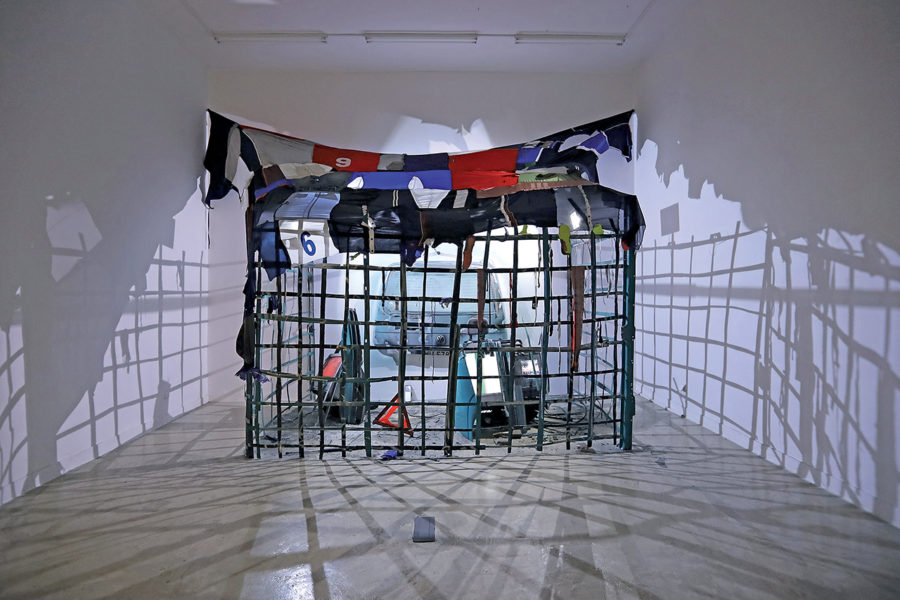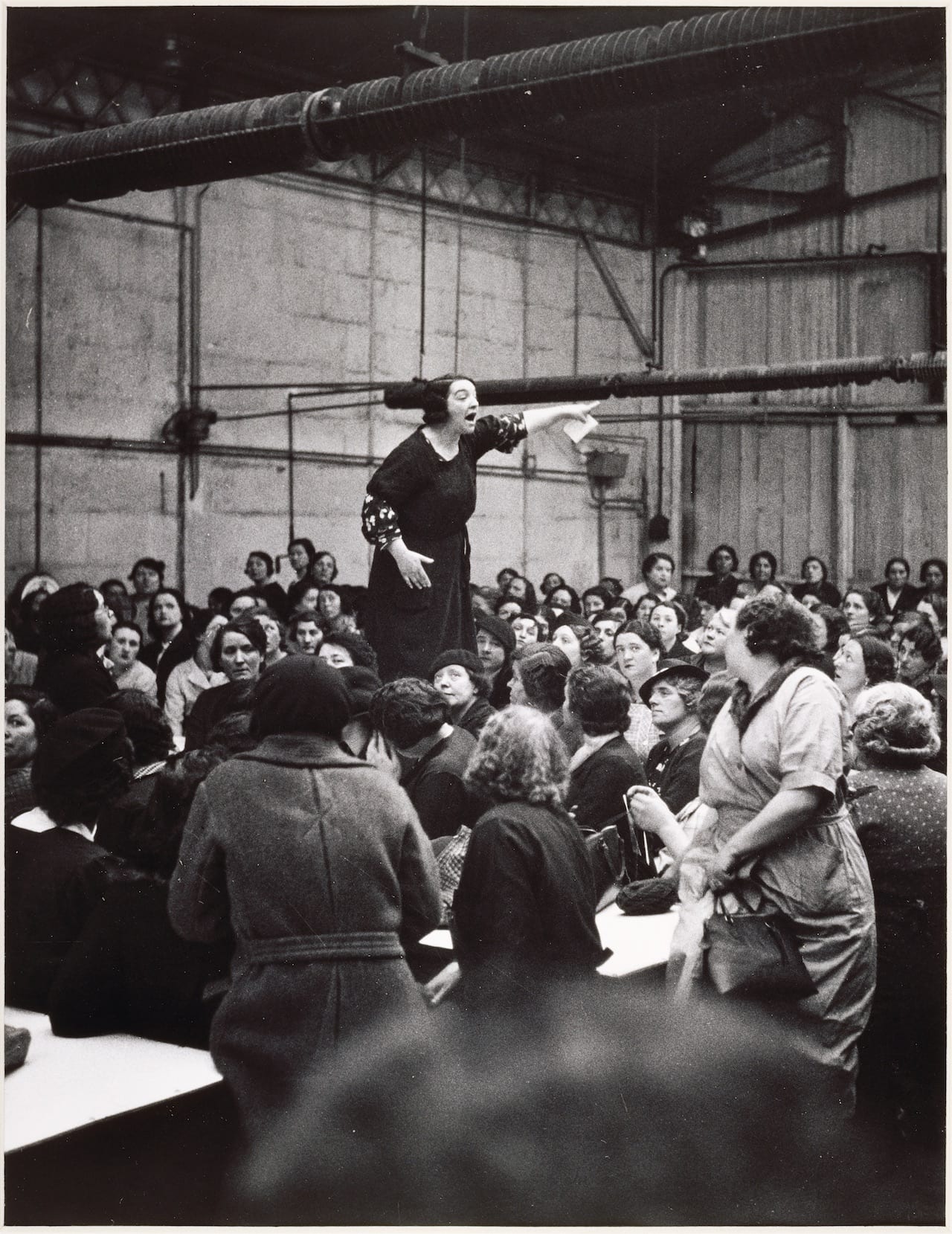Unframing Colonialism is an eye-opening exhibition curated by Damarice Amao, taking a critical look at how photography furthered the colonial project in France


Unframing Colonialism is an eye-opening exhibition curated by Damarice Amao, taking a critical look at how photography furthered the colonial project in France

In a short film produced by Unseen Amsterdam and Canal 180 in collaboration with British Journal of Photography, we revisit key highlights of this year’s Unbound exhibition, guest-curated by Damarice Amao

From 07 November to 04 February, the Centre Pompidou in Paris is showing a striking exhibition on a little-known aspect of the roots of 20th century social documentary photography, Photographie, arme de classe [which roughly translates as ‘Photography as a weapon in the class struggle’]. Curated by Damarice Amao, Florian Ebner and Christian Joschke, the show deals with a comparatively unknown period in French photo history, from the end of the 1920s to the arrival of the Front populaire government of 1936 – when the socialist, communist and radical parties formed a short-lived coalition to govern France, with the tacit backing of the Soviet Union.
Photographer and activist Henri Tracol (1909-1997) was the first to formulate the idea that photography could be an “arme de classe”, in the tract he wrote for the photographer’s section of the Association des Écrivains et Artistes Revolutionnaires [‘Association of Revolutionary Writers and Artists’ aka the AEAR], formed in 1932. Although this communist front, Moscow-sponsored organisation only lasted a few years, it attracted many of the leading figures of the day from art, theatre, literature, architecture, and particularly photography. Those who joined were either fellow travellers or politically attached to communism, seeing it as a bastion against the twin evils of the time – fascism and capitalism.